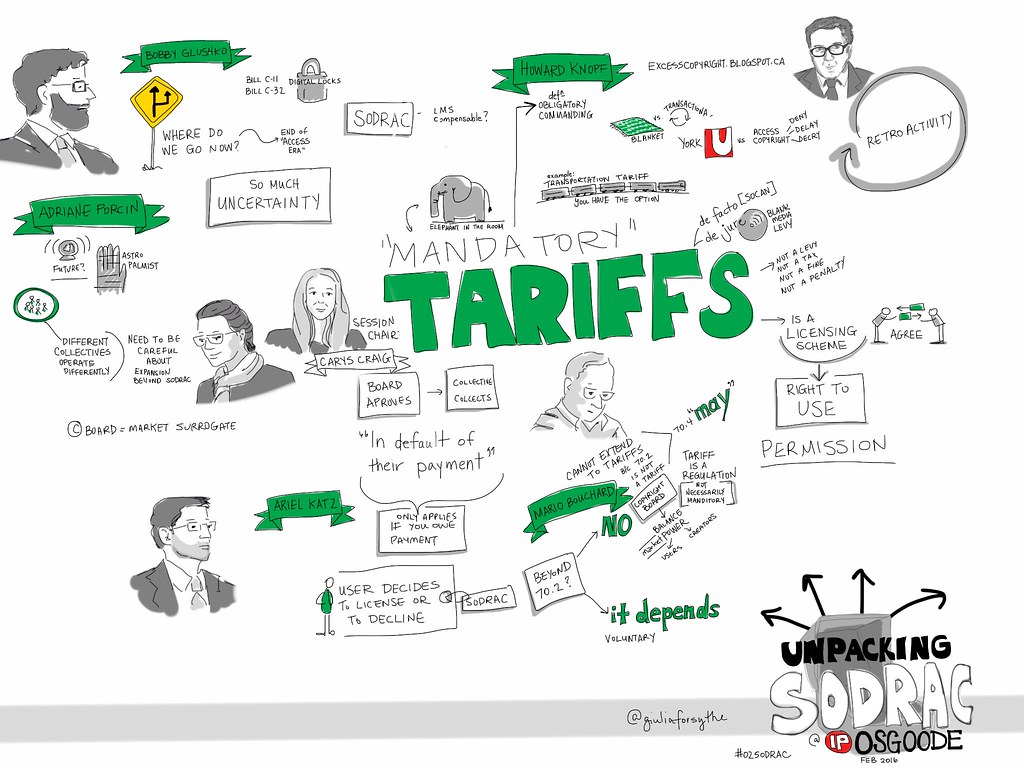Key Takeaways:
- A Manhattan court will decide if Trump’s tariffs are legal.
- The case challenges the president’s emergency economic powers.
- The ruling could set a major precedent for future presidents.
- Businesses argue Trump’s tariffs are unconstitutional.
- The outcome could impact global trade and U.S. politics.
What’s Happening?
This week, a courtroom in Manhattan will decide the fate of Donald Trump’s controversial tariff policies. The case is being heard by the Court of International Trade, a special court that handles trade disputes. Three judges will listen to arguments about whether Trump’s tariffs are legal under U.S. law.
The tariffs, which Trump calls “Liberation Day,” were imposed using emergency economic powers. However, businesses are challenging this move, saying it gives the president too much power. They argue that Trump’s actions could lead to massive tax increases and even a global trade war.
The Arguments
The businesses suing Trump claim that the law he used to impose the tariffs doesn’t actually allow him to do so. They say the law is meant for emergencies, not for setting trade policies. If the court agrees, it could limit Trump’s ability to act unilaterally on trade issues.
On the other hand, Trump’s administration argues that the law does give the president the authority to act in emergencies. They believe this power is necessary to protect the U.S. economy and national security.
What’s at Stake?
If the court rules in Trump’s favor, it could set a dangerous precedent. It would mean future presidents have nearly unlimited power to impose tariffs, even if Congress disagrees. This could lead to more trade wars and economic uncertainty.
If the court rules against Trump, it would be a major blow to his policies. It would also show that there are limits to the president’s power, which could have long-term implications for U.S. trade policy.
A Different Approach
Some of the businesses involved in the lawsuit are taking a different route. They’re challenging the tariffs in regular district courts instead of the specialized trade court. They argue that the trade court doesn’t have the authority to hear the case because Trump used the wrong law to impose the tariffs.
If these district courts agree, it could be a significant setback for Trump’s administration. It would mean that the trade court’s decision isn’t the final word, and the case could end up in higher courts.
The Bigger Picture
This case is about more than just tariffs. It’s about the balance of power in the U.S. government. The Constitution gives Congress the authority to set tariffs, but Trump is claiming that he can do it on his own. If the court agrees, it could shift power from Congress to the president, changing how trade policy is made in the future.
The businesses involved in the lawsuit are asking a fundamental question: Are there any limits to the president’s power? They believe that if there are limits, this is the case where they should apply. Allowing the president to impose massive taxes and start trade wars without Congress’s approval would be a dangerous expansion of executive power.
What’s Next?
The outcome of this case could have far-reaching consequences. It could determine how future presidents handle trade policy and whether they can act without Congress’s approval. It could also impact the global economy, as other countries watch to see how the U.S. handles its trade disputes.
For now, all eyes are on the Court of International Trade. The judges’ decision will be a major test of presidential power and could shape U.S. trade policy for years to come.
